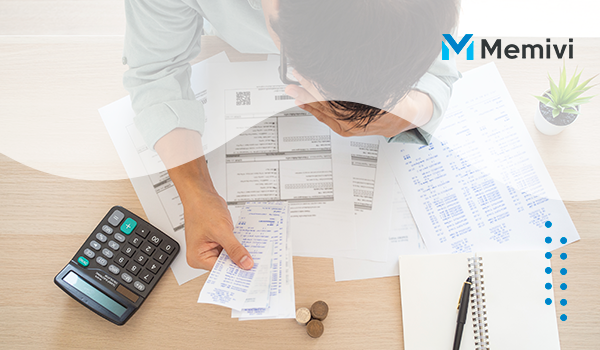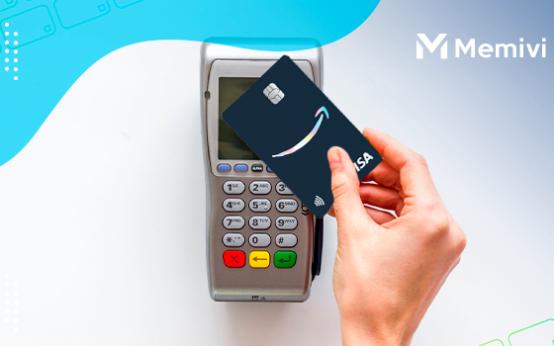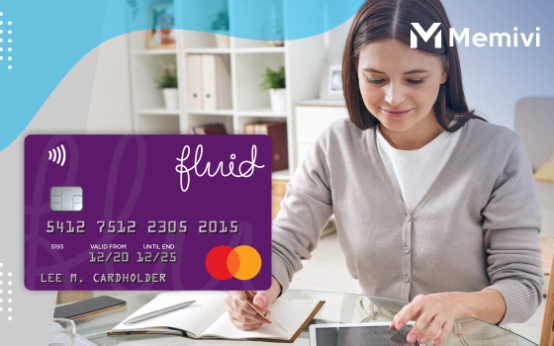
With effective planning and the right guidance, you can take control of your finances. Let’s explore how you can tackle credit card debt wisely, focusing on practical solutions that lead to financial freedom. Credit card debt is a common financial challenge for many people. Understanding it is the first step in effectively managing and reducing it.
Revolving credit is a primary feature of credit cards; this means that the balance can be carried over month to month. One significant aspect to consider is the interest rate, often referred to as the APR (Annual Percentage Rate), which accrues on unpaid balances. High-interest rates can lead to rapidly growing debt if not managed properly.
It’s crucial to distinguish between the minimum payment and the total outstanding balance. The minimum payment is the least amount you need to pay by the due date to avoid penalties. However, only making minimum payments can result in increased interest charges and a longer debt repayment period. Therefore, it’s often recommended to pay more than the minimum payment to reduce the principal and lower interest costs over time.
Additionally, to fully understand your credit card debt, regularly review your credit card statements. This helps to ensure that all transactions are accurate and that there are no unauthorized charges. It also provides a clear picture of your spending habits, which can be essential for budgeting and financial planning. Review the terms and conditions of your credit card agreement to be aware of any fees associated with late payments or exceeding credit limits. This way, you can avoid unexpected charges and better plan your finances.
Strategies to Manage Credit Card Debt
Focus on High-Interest Cards: Prioritize paying off credit cards with the highest interest rates first. This method helps reduce the overall amount paid in interest over time. Once the high-interest debt is under control, you can focus on paying off lower-interest cards.
Create a Budget
Set up a detailed budget that includes all your incomes and expenses. Factor in your minimum credit card payments and allocate any extra funds to paying off the debt. A budget can help you manage your spending and find areas where you can cut back. Balance Transfers: Consider transferring your high-interest credit card balance to a card offering a lower interest rate. Many cards offer 0% introductory rates on balance transfers, which can save money if you pay off the balance within the promotional period. Establish a Debt Snowball Plan: The debt snowball method involves paying off the smallest debt first, and then moving on to the next smallest balance. It builds momentum and can provide motivational boosts as you see debts being cleared one by one.
Automate Payments
Set up automatic payments to ensure you’re consistently paying at least the minimum on all your cards. Automating payments helps avoid late fees and keeps your debt repayment on track. Use reminders to evaluate and increase payments when possible. Reduce Unnecessary Spending: Analyze your spending habits and cut out non-essential expenses. Place the extra funds towards your credit card debt. Meal planning, subscription audits, and energy savings can contribute significantly. Consider second-hand buying or borrowing instead of purchasing new items.
Consult a Financial Advisor
Seek professional help if you’re struggling to manage your debt. A financial advisor or credit counselor can provide personalized advice and support, helping you develop a comprehensive debt management plan. Look for non-profit organizations that offer free or low-cost services.
Benefits of Reducing Credit Card Debt
Reducing credit card debt brings a host of financial and personal benefits that can significantly improve your life. First and foremost, paying down these debts decreases the amount of interest you’ll have to pay over time. Credit cards typically carry high-interest rates, which can result in substantial financial strain if balances are not managed carefully.
Lowering your credit card debt is also a key factor in enhancing your credit score. A lower balance translates to a better credit utilization ratio, which is a major component of credit scoring models. This can result in better loan terms when you need credit in the future.
Moreover, with less debt, you’ll experience reduced financial stress. The burden of debt can affect mental health, contributing to worries and anxieties about finances. By tackling your credit card debt, you are likely to feel a sense of relief and empowerment.
Another significant benefit is increased financial flexibility. With fewer debt obligations, you have more freedom to allocate your funds as you see fit. This might mean more savings for emergencies, investments, or simply more room for leisure spending.
In conclusion, focusing on reducing credit card debt as part of your overall strategy for managing financial responsibilities yields not only economic gains but also improves overall life satisfaction.
Choosing the Right Help for Debt Issues

Dealing with debt can be overwhelming, but finding the right help is crucial to getting back on track. In the UK, there are multiple options available for those seeking assistance with credit card debt.
First, consider contacting debt charities like StepChange or National Debtline. These organizations offer free advice and can help you understand your financial situation better. They often provide personalized action plans to manage your debt effectively.
Another option is to consult with a professional debt advisor. They can offer in-depth insights and suggest tailored solutions. Ensure that the advisors you consult are registered with the UK’s Financial Conduct Authority (FCA) to guarantee quality and reliability.
Exploring a debt management plan (DMP) might be a viable option if you are struggling to handle your payments. A DMP is arranged through organizations like PayPlan and allows you to consolidate your debts into a single monthly payment, often with reduced interest rates.
Additionally, if you owe a significant amount, considering an Individual Voluntary Arrangement (IVA) could be the right step. This formal agreement with creditors allows you to pay off your debts over time, potentially even writing off a portion of it.
Choose your help wisely, as the right guidance can make a significant difference in your journey to becoming debt-free.



 How to Maximise the Value of the M&S Transfer Plus Mastercard <p class='sec-title' style='line-height: normal; font-weight: normal;font-size: 16px !important; text-align: left;margin-top: 8px;margin-bottom: 0px !important;'> Learn how to genuinely use this balance transfer credit card to cut interest costs while squeezing as much value out of it as possible. </p>
How to Maximise the Value of the M&S Transfer Plus Mastercard <p class='sec-title' style='line-height: normal; font-weight: normal;font-size: 16px !important; text-align: left;margin-top: 8px;margin-bottom: 0px !important;'> Learn how to genuinely use this balance transfer credit card to cut interest costs while squeezing as much value out of it as possible. </p>  Deep Dive Into the Amazon Barclaycard Visa: Real Value or Just a Niche Perk? <p class='sec-title' style='line-height: normal; font-weight: normal;font-size: 16px !important; text-align: left;margin-top: 8px;margin-bottom: 0px !important;'> An in-depth guide to maximizing this Amazon-branded credit card and how it compares in real-world usage. </p>
Deep Dive Into the Amazon Barclaycard Visa: Real Value or Just a Niche Perk? <p class='sec-title' style='line-height: normal; font-weight: normal;font-size: 16px !important; text-align: left;margin-top: 8px;margin-bottom: 0px !important;'> An in-depth guide to maximizing this Amazon-branded credit card and how it compares in real-world usage. </p>  Advanced Guide to the Fluid Credit Card: Maximising Your 0% Balance Transfer Window <p class='sec-title' style='line-height: normal; font-weight: normal;font-size: 16px !important; text-align: left;margin-top: 8px;margin-bottom: 0px !important;'> A comprehensive look at how to use the Fluid Card effectively, avoid costly mistakes, and evaluate smarter alternatives for UK consumers. </p>
Advanced Guide to the Fluid Credit Card: Maximising Your 0% Balance Transfer Window <p class='sec-title' style='line-height: normal; font-weight: normal;font-size: 16px !important; text-align: left;margin-top: 8px;margin-bottom: 0px !important;'> A comprehensive look at how to use the Fluid Card effectively, avoid costly mistakes, and evaluate smarter alternatives for UK consumers. </p>